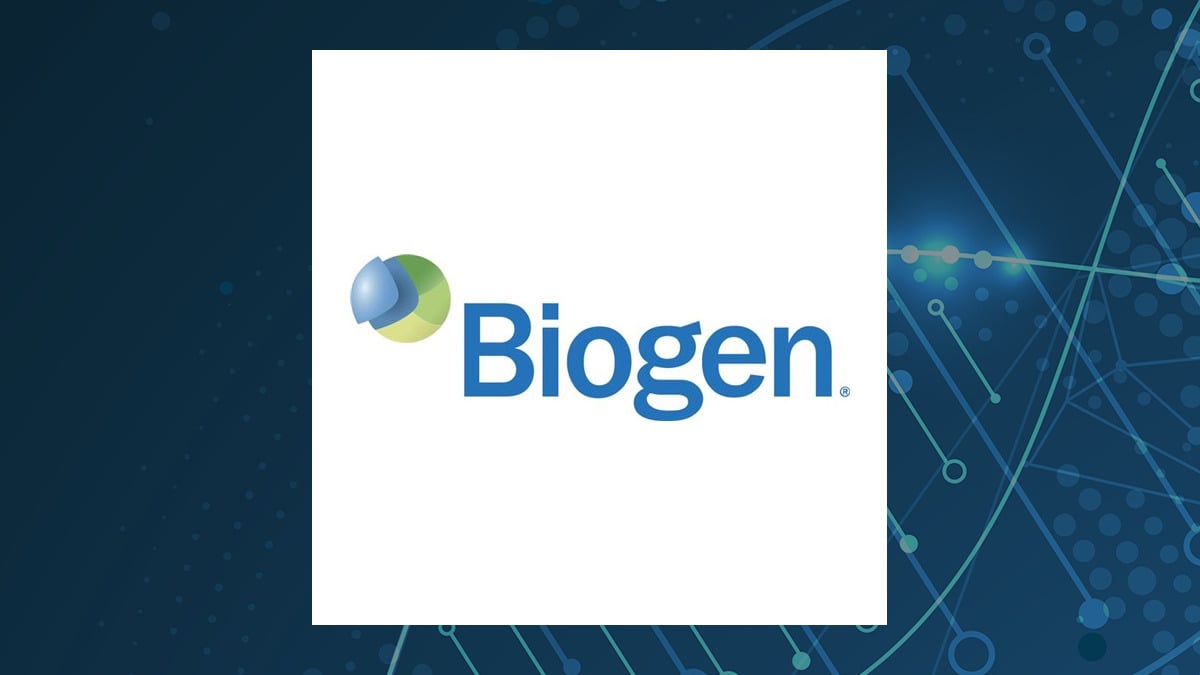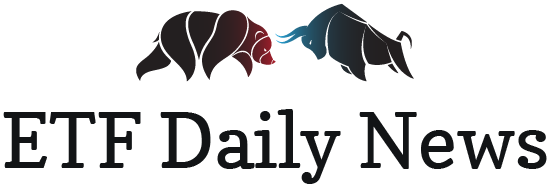 Biogen, a global biopharmaceutical company, has seen revenue growth driven by higher returns in the U.S. Operating expenses have evolved, leading to improved net income in Q1 2024. Management focuses on internal initiatives and managing risks like market competition and talent retention. Key performance indicators show a focus on innovative therapies and strong ROI. BIIB faces risks from global events and cybersecurity threats. Legal issues are being addressed. Governance and sustainability practices are not detailed. Forward guidance includes revenue projections and addressing manufacturing challenges. Strategic investments highlight a commitment to long-term growth.
Biogen, a global biopharmaceutical company, has seen revenue growth driven by higher returns in the U.S. Operating expenses have evolved, leading to improved net income in Q1 2024. Management focuses on internal initiatives and managing risks like market competition and talent retention. Key performance indicators show a focus on innovative therapies and strong ROI. BIIB faces risks from global events and cybersecurity threats. Legal issues are being addressed. Governance and sustainability practices are not detailed. Forward guidance includes revenue projections and addressing manufacturing challenges. Strategic investments highlight a commitment to long-term growth.
Executive Summary
Financials
Revenue growth has been increasing over the past three years, primarily driven by higher return rates in the U.S. This trend is evident in the comparison of returns for the first quarter of 2024 to the same period in 2023. Operating expenses have evolved with an increase in net cash flow provided by operating activities, driven by lower employee-benefit payments and changes in non-cash adjustments. However, an unfavorable change in inventory partially offset this increase. No significant changes in cost structures were mentioned. The company’s net income margin for the three months ended March 31, 2024, was $393.4. It has improved compared to the same period in 2023. A comparison to industry peers is not provided in the given information.
Management Discussion and Analysis
Management has focused on internal development projects, commercial initiatives, acquisitions, strategic alliances, and the Fit for Growth program to drive growth. The success of these initiatives is crucial for current and future growth, but there are risks associated with relying on external opportunities for growth. Management assesses the company’s competitive position through market competition, new product introductions, and potential disruptions like generic entrants impacting pricing and revenue. They highlight the challenges of attracting and retaining talent in a competitive environment with changing market dynamics. Major risks include supply chain disruptions, talent retention, label restrictions, and cybersecurity threats. Mitigation strategies include business continuity plans, attracting qualified personnel, addressing safety warnings, and enhancing information system security.
Key Performance Indicators (KPIs)
Risk Assessment
The top external factors that pose risks to the company’s operations and financial performance are global health outbreaks, adverse weather events, geopolitical tensions, inflation, labor or raw material shortages, and other supply chain disruptions. BIIB assesses and manages cybersecurity risks by improving systems and infrastructure, implementing business continuity plans, monitoring for threats, and adapting to changing regulations. Strong emphasis is placed on protecting data, preventing breaches, and staying ahead of evolving cyber threats. Yes, there are legal issues, including securities litigation and derivative actions, that could impact the company’s financial position and reputation. BIIB is addressing them by staying involved in the legal proceedings and seeking declaratory, injunctive, and monetary relief.
Corporate Governance and Sustainability
The composition of the board of directors is not provided in the context information. There are no notable changes in leadership or independence mentioned in the text. BIIB does not address diversity and inclusion in its governance practices and workforce. There is no mention of a commitment to board diversity in the provided context information. Biogen discloses material climate-related risks and greenhouse gas emissions, as required by the SEC’s new rule. BIIB demonstrates commitment to responsible practices by evaluating the potential impact on its disclosures.
Forward Guidance
The company’s forward-looking guidance aligns with its strategic initiatives and priorities outlined in the annual report by focusing on revenue projections, cost management, and compliance with new SEC climate-related disclosure requirements. BIIB is factoring in geopolitical events, global health outbreaks, and supply chain disruptions into its forward-looking guidance. It plans to mitigate manufacturing difficulties, delays, and product shortages by implementing business continuity plans and seeking more costly manufacturing alternatives. Yes, the company’s strategic investment portfolio in biotechnology companies reflects a commitment to long-term growth and competitiveness. This is evidenced by the company’s focus on investments in equity securities and venture capital funds for potential future value.
For more information:
This article was created using artificial intelligence technology from Klickanalytics.
